Background
Malawi’s information and communication technology (ICT) sector opened up in the mid to late 1990s, following the country’s political transition from one party dictatorship to a multiparty state. The political transition started with a referendum in 1993 in which Malawians voted against 30 years of Hastings Kamuzu Banda’s dictatorship in favor of multiparty democracy.
While Malawi’s ICT sector remains very small and access to the internet still very low and a luxury to the majority of Malawians; a lot of gains have also been made over the years. There is steady increase in access and proliferation of the internet and services in the country. Various mobile apps such as mobile banking and mobile health are available, yet major challenges also remain on access to internet freedom. According to a National Statistics Survey on Access and Usage of ICTs, by 2019 only 14.6% of Malawians had access to the internet; 40.7% of the population in urban areas use the internet and only 9.3% of population in rural areas use internet.
Although access to the internet remains very low and growth is slow, the government has since enacted laws to legislate internet usage and transactions. Unfortunately, the analysis of laws and legislation shows that these laws and legislation carry punitive and vague provisions that have the capacity to limit internet freedom as it paves the way for the state to restrict internet usage at its convenience. Experience elsewhere shows that African government are increasing weaponizing the law to restrict internet access and usage, especially during critical times such as elections.
Thus, this analysis recommends that all the punitive and vague laws be removed, unconditionally or be amended, in consultation with all relevant stakeholders, in order to align internet and ICT legislation with constitutional provisions guaranteeing freedoms of expression, press, association, assembly and access to information. This is in recognition with the United Nations’ resolution that freedoms offline are also freedoms online.
Please click link below to access a detailed analysis by CHRR and CIPESA.
Laws and Policies Restricting Internet Freedom in Malawi
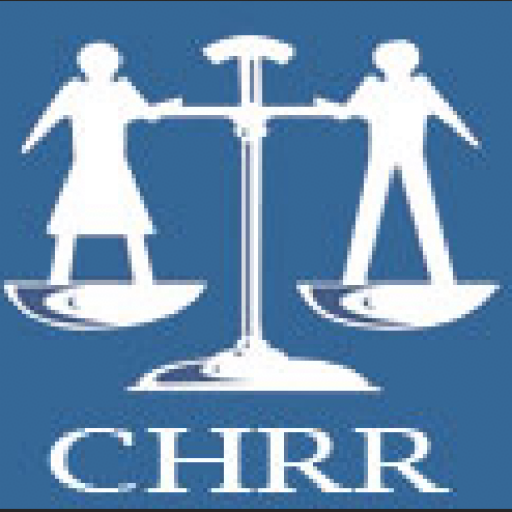
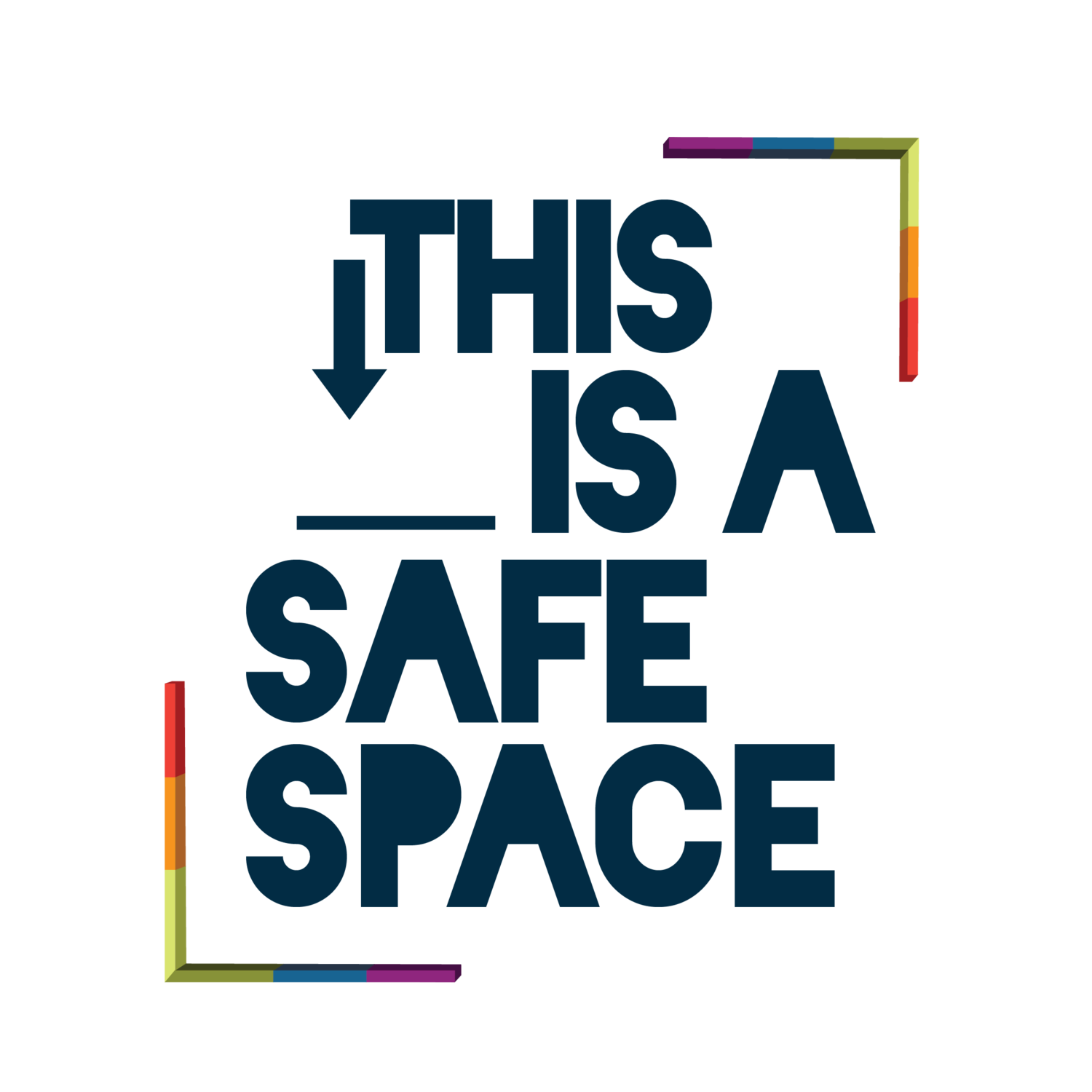
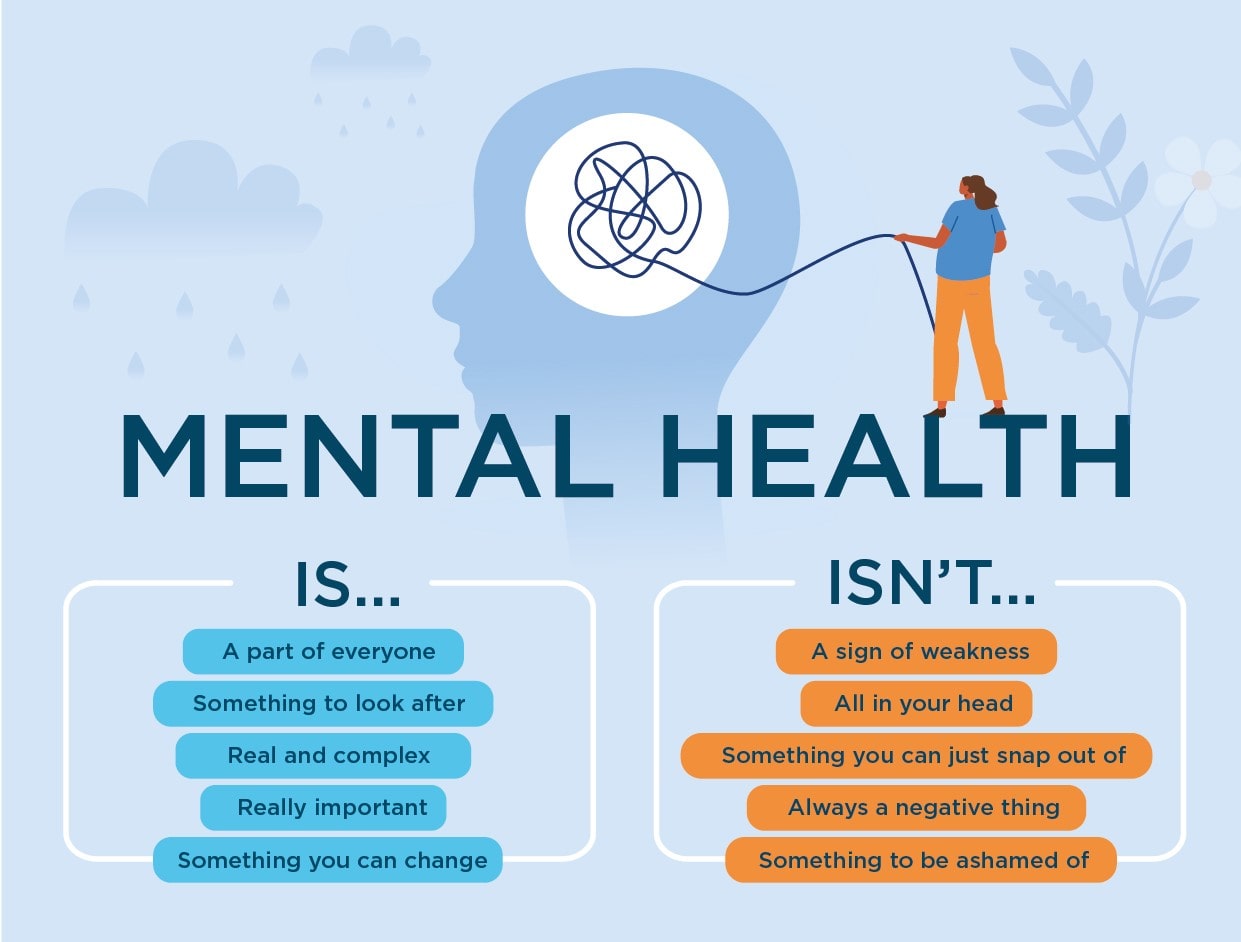

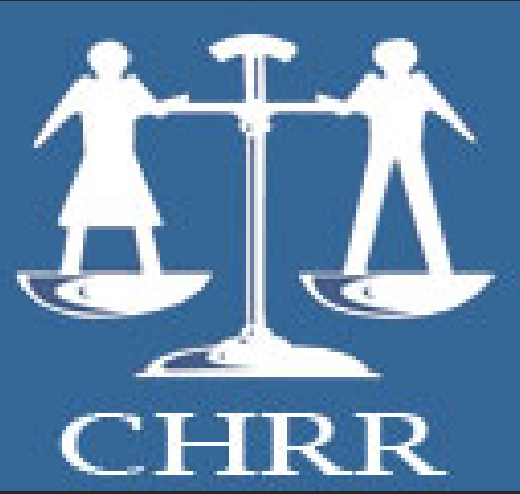

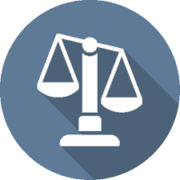
Comments